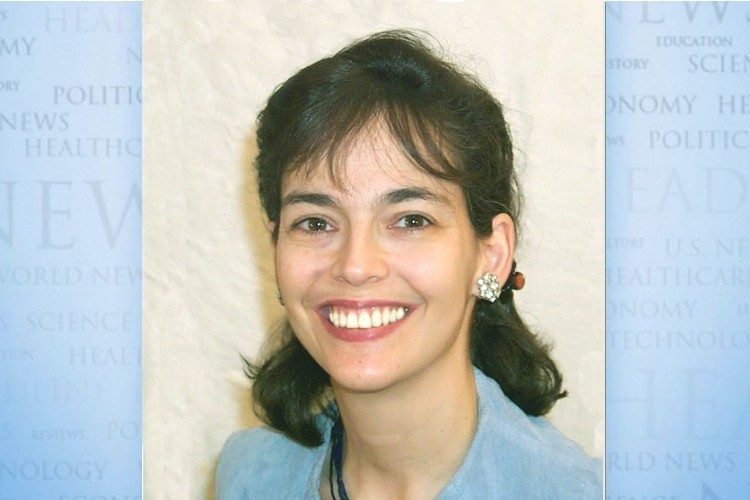
I’m trying not to obsess about child overprotection, but … obsess I do. Here’s the latest object of my ire: the playground signs in my burg, New York City, that say, “Playground rules prohibit adults except in the company of children.”
Apparently, any adult who simply wants to sit on a bench and watch kids at play could be a creep, so we should just ban them all. The idea that children and adults go naturally together has been replaced by distrust and disgust.
There was a case here a while back when seven chess players playing outside were fined for … playing chess. Their chess tables — concrete ones, immovable and placed there by the city — were deemed too close to the kids, so the men were booted.
It didn’t matter that they hadn’t caused any trouble. In fact, the grizzled guys had taken it upon themselves to teach some of the local kids how to play the game of kings.
Actual kindness? Who cares? All that mattered were the fantasies conjured up by what-if thinking: What IF they turned out to be monsters?
By separating the generations this way, we are creating a society that actively distrusts anyone who wants to help a kid other than his own. Compare this anxiety with what goes on in Japan. Did you watch “Old Enough,” the Netflix show with the 4-year-olds shopping for sushi ingredients?
There, the youngest kids wear bright yellow hats when they go to school. “Doesn’t that put them in danger?” asked a friend. To her, a kid who calls attention to himself is a kid who could be attracting a predator.
But attracting adult attention is exactly what the yellow hats are supposed to do. In Japan, the assumption is that the easier it is to see children, the easier it is for grown-ups to look out for them.
Japan’s belief is that children are our collective responsibility. America’s is that children are private possessions under constant threat of theft.
Which brings me to the flip side of our obsession with stranger danger: the idea that any time a parent lets her kids do anything on their own, she is actually requiring the rest of us grownups to “babysit” them, for free.
The “Why should I have to watch your kid at the park?” question comes up when I talk about how good it would be for kids to get more exercise and independence by doing that thing we used to call “going outside to play.”
It’s not that someone else HAS to watch any kid at the park on their own. It’s that usually humans DO watch out for each other. It’s not unpaid labor. It’s being a human.
Most kids making their way to school or frolicking outside are not going to need major assistance from anyone, adult or otherwise. But if they do, I’d like to think most of us would give it ungrudgingly. Their parents have not foisted a huge burden on society by letting their kids be part of it.
Old and young have always interacted. Adults who enjoy being around kids are, for the most part, just adults who enjoy being around kids. Not predators.
And kids who are out and about in the world are just that: kids out and about. Not a big, unpaid obligation for the rest of us.
I’m not sure about the yellow hats, but Japan has the right idea. Looking out for everyone beats trusting no one.
Lenore Skenazy is president of Let Grow, a contributing writer at Reason.com, and author of Has the World Gone Skenazy? To learn more about Lenore Skenazy ([email protected]) and read features by other Creators Syndicate writers and cartoonists, visit the Creators Syndicate Web page at www.creators.com.
COPYRIGHT 2024 CREATORS.COM



